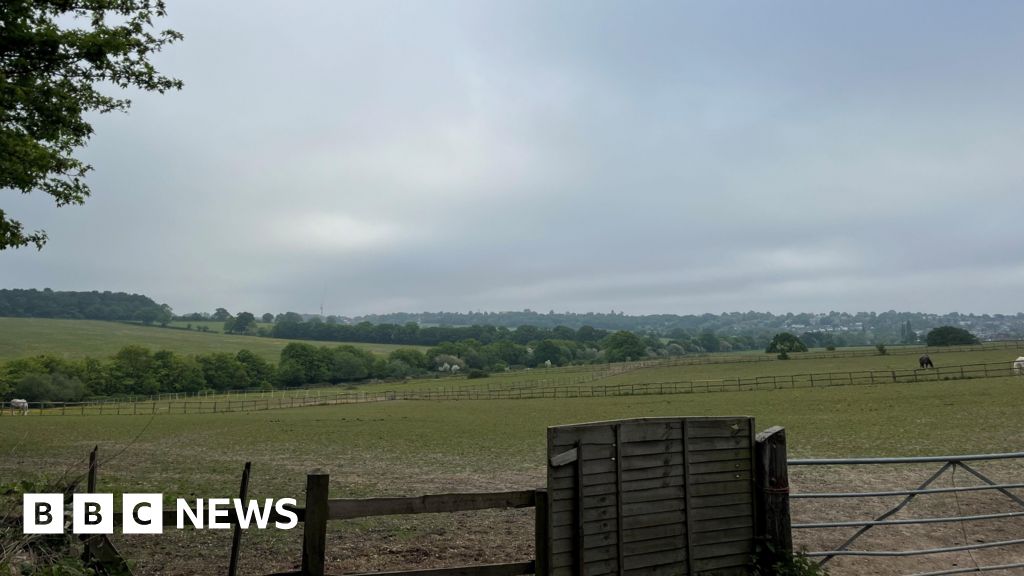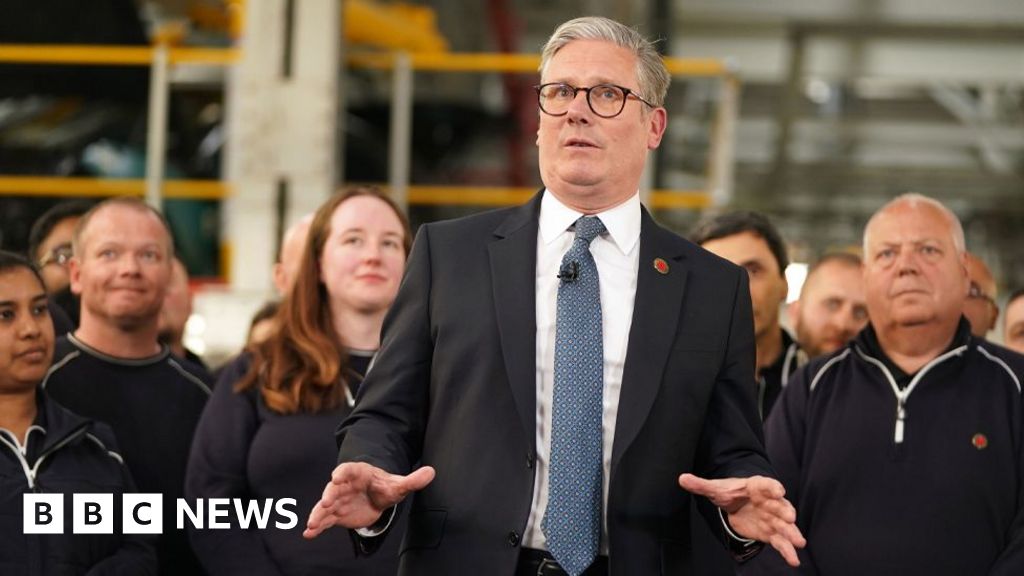ARTICLE AD BOX
Barnard Castle, ICU and heckling: Johnson grilled at Covid inquiry
Boris Johnson has finished giving evidence at the public inquiry looking into how his government handled the Covid crisis.
Over two days at the hearing, the former prime minster admitted some mistakes were made but defended his overall approach.
Here are key points that emerged from around 10 hours of questioning.
A disciplined performance
Mr Johnson was highly combative during his grilling by a committee of MPs over Partygate in March, a tactic that did not stop them ultimately concluding he misled Parliament over the scandal.
This time, Mr Johnson - who reportedly spent hours with his publicly-funded lawyers preparing for his appearance at the inquiry - took a more measured approach.
There were occasional theatrics, however, such as when he accused the lead inquiry lawyer of saying he had "his feet up" at his country retreat in February 2020 - before Mr Johnson admitted he had confused the comment with someone else.
And he choked up when he described the return of the virus after the first national lockdown, describing 2020 as a "tragic, tragic year".
He also drew on his own experience of being moved into intensive care with the virus to insist he "did care" about the fate of those who suffered with Covid, and he understood "what an appalling disease this is".
Protests and interruptions
He opened his testimony by saying he was sorry for the "pain and the loss and the suffering" people experienced during the pandemic.
But his comments were interrupted by protesters, who were ordered to leave the inquiry room.
Some members of bereaved families stood up holding pieces of paper, spelling out the message: "The dead can't hear your apologies."
There were also protests outside the inquiry building during his evidence, and his departure from the venue on both days was greeting with jeers and boos.
Image source, Reuters
Image caption,Families bereaved by Covid held up pictures of lost loved ones outside the inquiry building
He made some concessions
The main point he wanted to get across was that ministers did their "level best" to respond to the virus, in difficult circumstances.
However, he admitted he - along with scientists and advisers - should have "twigged" the seriousness posed by the disease earlier than he did.
He also said his Downing Street operation had a problem with gender balance, adding that "too many meetings were male-dominated".
He conceded that, as a "symbol of government earnestness", mass gatherings should perhaps have been banned earlier than they were in 2020.
And he also apologised for describing long Covid as "bollocks" in a previously-published handwritten note from October 2020.
His view of 'normal politics'
He was more relaxed, however, about some of the foul language revealed in WhatsApp messages disclosed during the course of the inquiry so far.
He denied his No 10 had been a toxic place to work, and said bad-tempered exchanges between advisers showed "naturally self-critical" people anxious to do their best, even adding it was "creatively useful".
And he shrugged off messages in which he was urged to sack Matt Hancock as health secretary, saying that as prime minister he was "constantly being lobbied by somebody to sack somebody else".
"It's just what, I'm afraid, happens, and it's part of life," he told the inquiry.
He did reveal, however, he had apologised to Helen MacNamara, the former official who accused him of failing to tackle "misogynistic language" used about her in a WhatsApp group by his former top adviser Dominic Cummings.
Devolution difficulties
He said that, whilst understandable, the different messages in different parts of the UK - where there were different Covid rules - risked being "confusing" for the public.
He insisted that he had always enjoyed a "friendly" relationship with then-Scottish first minister Nicola Sturgeon, despite suggestions earlier in the inquiry that No 10 was reluctant for them to hold meetings.
In England, he said the tier system was "divisive and difficult to implement" involving "laborious" negotiation over local financial support.
One eye-catching revelation during Mr Johnson's testimony came over diary extracts from Sir Patrick Vallance, his chief scientific adviser at the time.
According to one entry, the former prime minister blamed high infection rates in Wales during the pandemic on "the singing and the obesity".
However, he was not asked about that alleged remark about Wales, which appeared in a diary extract dated 11 September 2020.
Instead, the inquiry lawyer quizzed him on a different part of the entry.

 1 year ago
29
1 year ago
29








 English (US) ·
English (US) ·